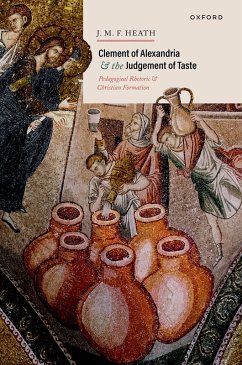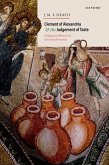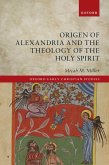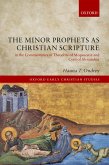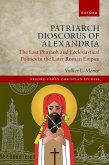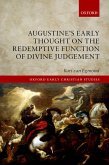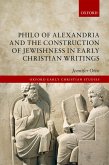Clement of Alexandria and the Judgement of Taste: Pedagogical Rhetoric and Christian Formation provides a new account of Clement of Alexandria's Paedagogus as a programme in the formation of the judgement of taste, situating it in critical dialogue with modern approaches to the judgement of taste and aesthetics. The book's key questions are framed in light of Pierre Bourdieu's Distinction (1979): a landmark in twentieth-century scholarship on the theory of taste. J. M. F. Heath studies Clement's rhetoric and theology in the context of the Christian Second Sophistic, when Christians were experimenting with new ways of inhabiting the rhetorical and philosophical culture of the Greco-Roman world. The Paedagogus shows Clement's pedagogical method and rhetorical strategy at the early stages of Christian formation when his audience are not yet ready for abstract philosophical argument. This was a time for forming people's habits of judgement and preferences of 'taste', so as to ground their daily lives in deeper desires and aversions that are structured through a relationship with God. This was an immensely important stage of Christian formation: many people never got beyond this to any sort of philosophical curriculum, and yet, through engaging the 'tastes' of a wide audience, Christian leaders sought to spread the gospel--and succeeded in doing so. Even for the intellectual elites, personal formation through preferences of taste was part of how they embodied their desire for God, and the way they inhabited it through the sacramental and ascetic life of the church. Bourdieu's sociological and anthropological approach proves fruitful for understanding aspects of Clement's rhetorical method and purpose, but the study of Clement's theological rhetoric in its cultural context also, in turn, points the way to a theological response to Bourdieu's theory of taste.
Dieser Download kann aus rechtlichen Gründen nur mit Rechnungsadresse in A, B, BG, CY, CZ, D, DK, EW, E, FIN, F, GR, HR, H, IRL, I, LT, L, LR, M, NL, PL, P, R, S, SLO, SK ausgeliefert werden.

